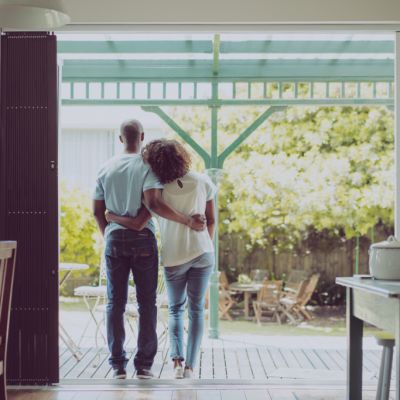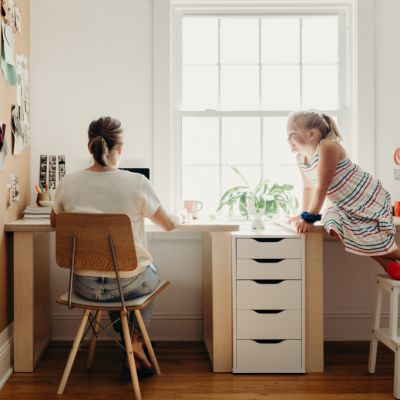Has COVID killed the unannounced drop-in once and for all?
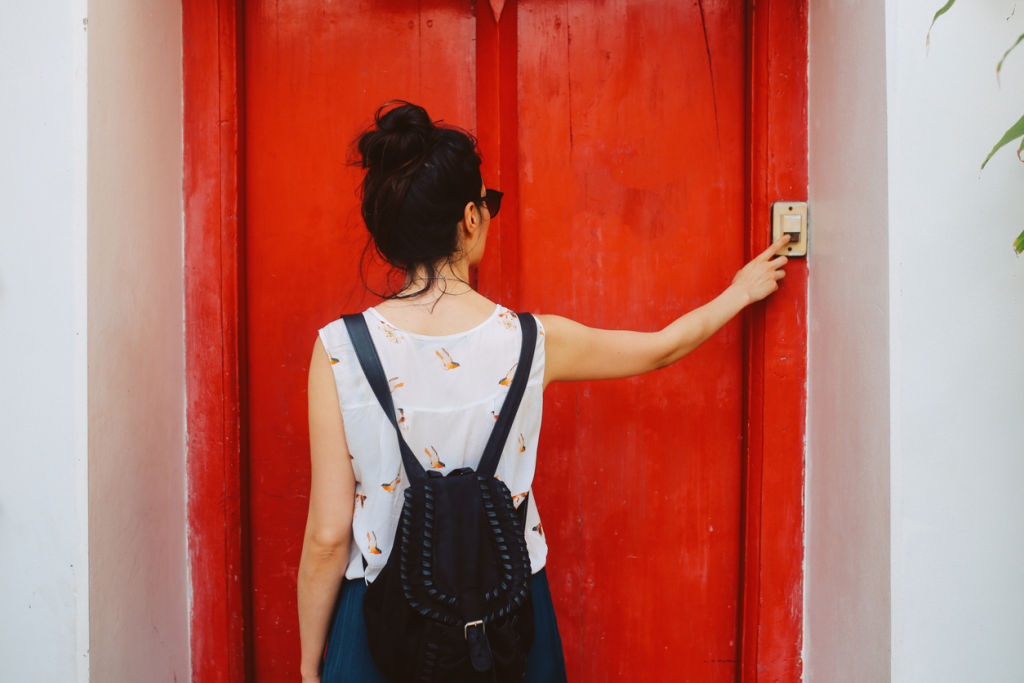
Dropping in to someone’s home unannounced was once the norm. Homes were always ready for visitors, with cups of tea and snacks on hand.
My nanna once told me that scones exist for their speed: her generation would see someone arriving and, by the time the guests arrived at the back door, a batch of scones was ready to be thrown in the oven.
My mum inherited this openness to drop-ins, but for a different reason. As a full-time working mum, she always believed an unexpected visitor was the best type because they arrived with no expectation that the house should be neat.
However, times have changed. The spontaneous drop-in has been on the decline for several years, particularly since technology wormed its way into our everyday lives.
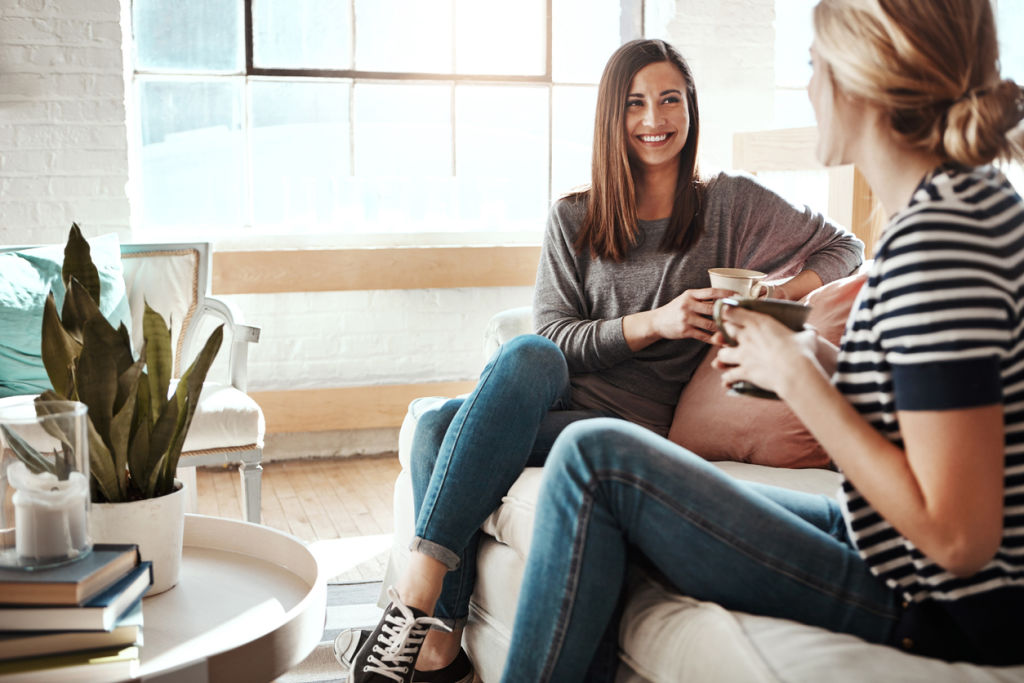
“Drop-ins were common before we had mobile phones: you couldn’t call someone from the road, so it was perfectly acceptable for family and close friends to drop in,” says Anna Musson, an etiquette expert at The Good Manners Company.
“For some, this is still the case. They see the drop-in as an important way to connect and check in with our neighbours, families and friends. But technology has really had an impact.”
This change to our way of life has meant that a new norm has arrived, which is still commonly considered the most polite approach. “If we’re thinking of dropping in on someone it is appropriate and thoughtful to send them a text first,” Musson says.
More changes to expectations during COVID
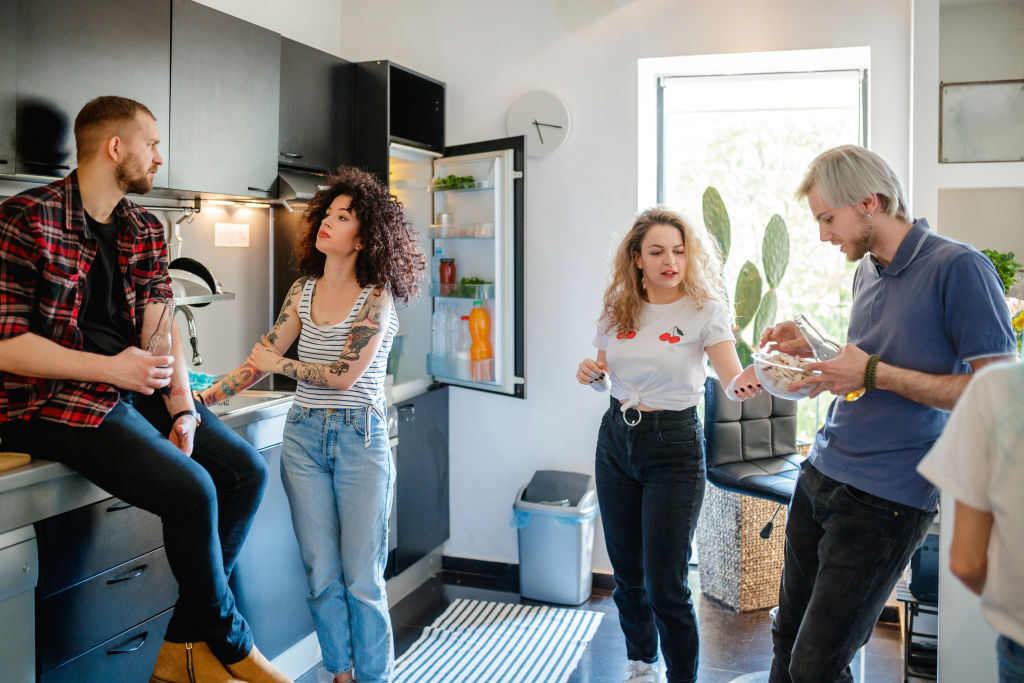
The pandemic may now have lowered the final curtain on this spontaneous act. In a world of physical distancing, checking in and making bookings, the unexpected drop-in has all but dissolved.
Musson says some of us still yearn for an unannounced drop-in. “The intention is still there through COVID, but the delivery has changed,” she says. “You might leave something at the doorstep rather than coming in the house.”
Of course, when restrictions are in force we are unable to visit other people’s homes, but even in freer times, we need to understand that people may be on edge about being in such close quarters together. The pandemic has instilled in us that even a text message notifying a friend that we’re on our way over isn’t always enough.
“In COVID times we need to be sensitive to other people’s comfort levels about having people in their homes,” Musson says. “We need to be mindful and check in with each other about what each of us is comfortable with.”
So, how do we find our feet in the modern anti-drop-in age? Here are some tips from Musson for those who like to drop in and those who are being visited.
For the spontaneous dropper-inners
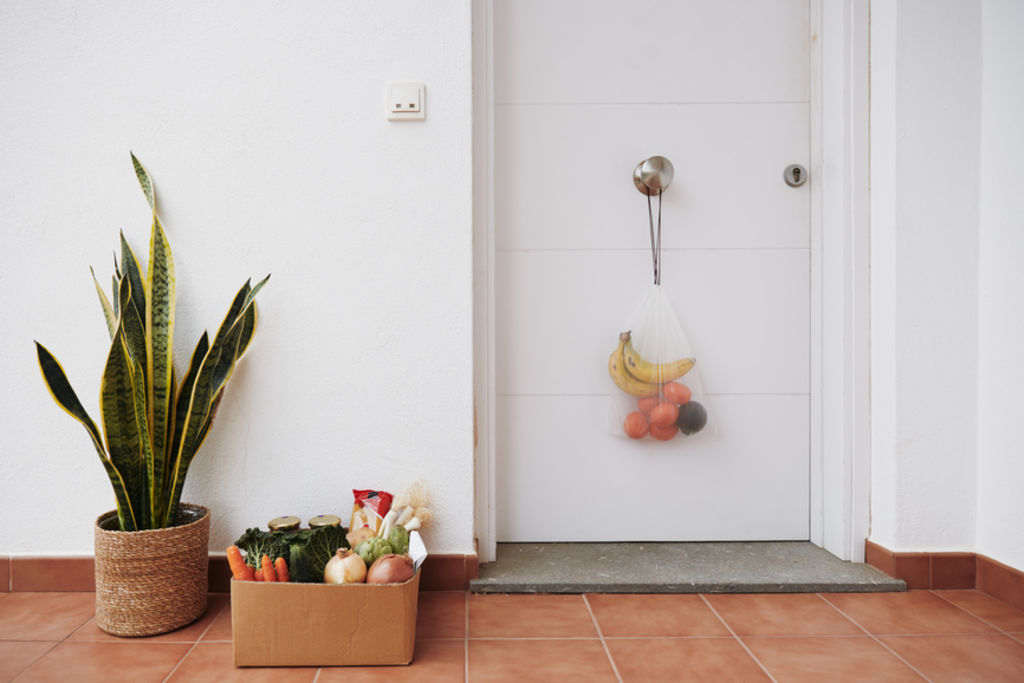
Definitely send a message first. “If you’re considering dropping in, a message ahead of time is obligatory. That could be a five-minute heads-up, or asking if they’ll be home at, say, 2pm today.”
If you’re taking something over, consider leaving it at the door. “Send a message saying that you have something for them and you’ll leave it inside the front gate in the next 30 minutes. This means there’s no obligation for the home dweller to invite you in.”
Don’t anticipate being invited in. “Be very relaxed about saying hello at the front door and leaving, and don’t put any pressure on them to be asked in for a cup of tea.”
The old adage “never arrive empty handed” is still true. “If you’re dropping in on close family you don’t always need to bring something, but if it’s a friend it’s lovely to bring a packet of biscuits or some lemons from your tree.”
What to do if people are dropping in on you unannounced
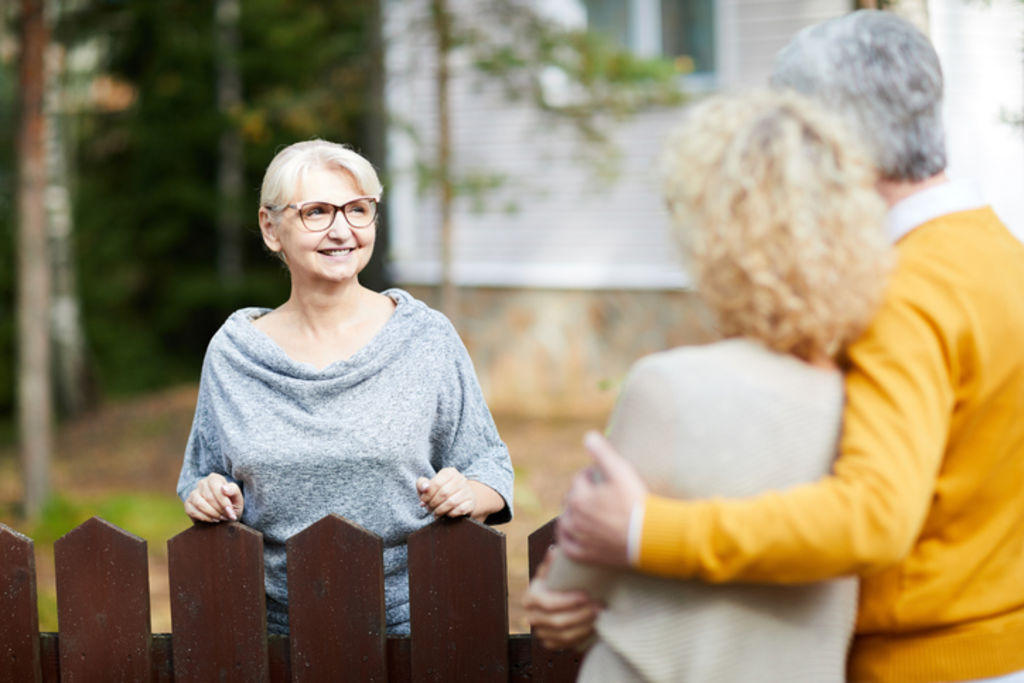
Your home, your choice. “Don’t feel obligated to invite your guests in. You can say something like, ‘I’d invite you in but my partner is on a work call,’ so they don’t feel bad about not being invited in.”
If a visitor drops by unannounced, they can’t expect a tidy house. “Don’t apologise for how you look or for the state of your house, because if you weren’t expecting visitors then you can’t be expected to have everything perfect.”
If you don’t like drop-ins, find some ways to drop this into conversation with your friends. “You could say, ‘I’d love to see you, but give me a heads up before you come over so I’m ready.’ Get in the habit of expressing to people what you are and aren’t comfortable with.” This can help to avoid awkward moments.
We recommend
States
Capital Cities
Capital Cities - Rentals
Popular Areas
Allhomes
More
